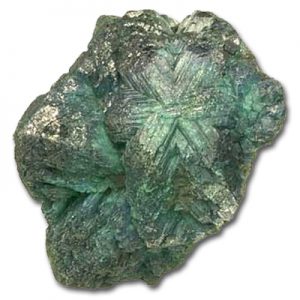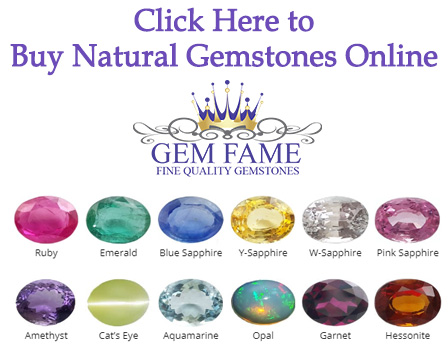Alexandrite
Alexandrite is just an unusual green (chromium-bearing) gem variety of Chrysoberyl known for its color change effect. Its color will depend on the light hitting it; green, pale or blue-green green in daylight; mauve, violet to purplish or red in incandescent light. This distinct pleochroism and its own rarity account for its desirability and value that is high. Alexandrite can also be available as being a cat’s eye treasure utilizing the color change impact that is same.
Alexandrite was originally reported from Emerald mines (Izumrudnye Kopi; Malyshevskoye deposit), Malyshevo, Ekaterinburg (Yekaterinburg; Sverdlovsk), Sverdlovskaya Oblast’, Urals area, Russia. It is also known from sources in Australia, Brazil, Asia, Madagascar, Myanmar (Burma) Sri Lanka, Tanzania, New Mexico, United States Of America and Zimbabwe. The rarest and most highly prized gems come from the Urals Region of Russia.
| Chemical Formula: | BeAl2O4 |
| Beryllium Aluminum Oxide + traces of Chromium | |
| Molecular Weight: | 126.97 gm |
| Composition: | Beryllium | 7.10 % | Be | 19.70 % | BeO |
| Aluminum | 42.50 % | Al | 80.30 % | Al2O3 | |
| Oxygen | 50.40 % | O | |||
| 100.00 % | 100.00 % | = TOTAL OXIDE |
| Crystallography: | Orthorhombic – Dipyramidal |
| Crystal Habit: | Crystals are tabular or short prismatic, to 22 cm; prominently striated |
| Twinning: | Common, producing either flattened heart-shaped or pseudohexagonal multiple contact and penetration twins. |
| Cleavage: | Distinct on [110] (though rarely observed), Imperfect on [010], Poor on [001] |
| Fracture: | Irregular/Uneven, Conchoidal |
| Tenacity: | Brittle |
| Moh’s Hardness: | 8.5 |
| Density: | 3.75 (g/cm3) |
| Luminescence: | Weak red in SW and LW UV |
| Radioactivity: | Not Radioactive |
| Other: | Electrical conductivity increases with temperature |
| Color: | Green shades, emerald-green, greenish white, yellowish green, greenish brown, yellow, blue, may be violet-red to raspberry-red under incandescent light |
| Transparency: | Transparent to Translucent; may be opaque and chatoyant with oriented inclusions (cat’s eye effect) |
| Luster: | Vitreous |
| Refractive Index: | 1.745 – 1.756 Biaxial (+) |
| Birefringence: | 0.008 – 0.012 |
| Dispersion: | r > v; 0.015 (low) |
| Pleochroism: |
X = red; Y = yellow-orange; Z = emerald-green |


